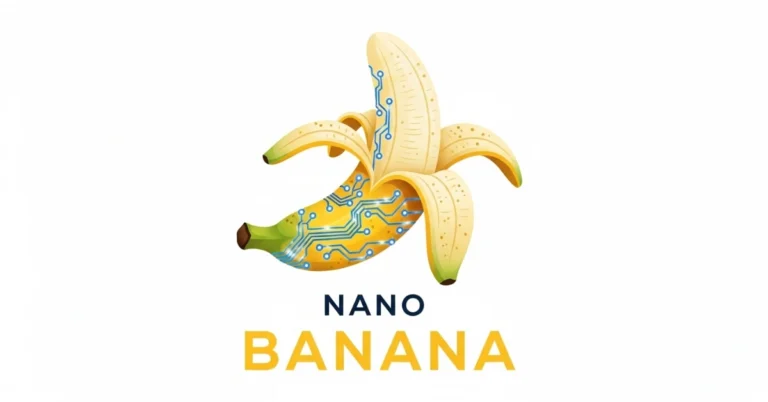OpenAI’s recent efforts to acquire leading AI coding tools have highlighted the fierce competition in the developer software market. According to TechCrunch, Anysphere, the company behind Cursor, has experienced remarkable growth, with revenue doubling every two months and reaching an estimated $300 million in annual recurring revenue. Despite its success, Anysphere declined OpenAI’s acquisition offer, as well as others, choosing to remain independent and pursue funding at a reported $10 billion valuation.
With Cursor off the table, OpenAI began talks with over 20 other AI coding startups, as reported by CNBC. This search led OpenAI to Windsurf, another fast-growing player in the market. Windsurf’s annual recurring revenue jumped from $40 million in February to about $100 million, according to sources cited by Bloomberg. OpenAI reportedly made a $3 billion acquisition offer for Windsurf, recognising the potential in its rapidly expanding product, which is designed to work well with legacy enterprise systems.
The interest in established coding assistants comes as OpenAI faces increasing pressure from rivals like Google’s Gemini and DeepSeek in China, both of which are making foundational AI models more affordable and accessible. At the same time, Anthropic and Google have released models that outperform OpenAI’s offerings on coding tasks, making them attractive options for software developers.
While OpenAI could develop its own coding assistant, acquiring a product that already has traction with developers could save time and accelerate its market presence. This strategy is drawing attention from venture capitalists, with Chris Farmer of SignalFire telling TechCrunch that being “acquisitive at the app layer” is critical for OpenAI as competition intensifies.
In summary, OpenAI’s pursuit of Cursor and Windsurf shows that the company is determined to expand quickly in the AI-powered coding space, leveraging acquisitions as a way to keep pace with fast-moving industry trends.
📲 Get the latest Tech & Startup News on our WhatsApp Channel
👉 Join Now



